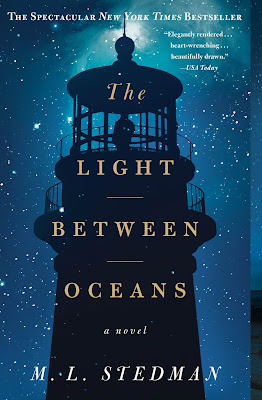"Classic Japanese Fairy-Tales: Volume II" by Mimei Ogawa, translated by J.D. Wisgo
Translated from the Japanese, this collection of eight fairy-tales by Mimei Ogawa is full of delicate renderings that illuminate as well as sooth the harshness of life. How do we begin to bridge the gap between forced enemies? Or, what should we do with an enchanted remedy only good for one dose? There isn't a nice and neat ending to all of these (for example, "The Fishmonger Woman"), further supporting the theory that "happily-ever-after" is not a necessary component of the fairy-tale. Rather, the words that have been carefully translated by J.D. Wisgo from the pen of a deceased writer offers a brief and beautiful glimpse into moments of life that have been slowed down for the pleasure of contemplation. Wisgo fills each word with a sensitivity that reaches deep into an older culture that thrives today, yet is more hidden than ever before, like sketches or outlines of a world without its distractions; see "The Dog, the Man, and the Flower", just as the title suggests. Mimei Ogawa's fairy-tales peer a little harder into characters such as these without dramatizing them. The drama lies elsewhere: a smile, the smoking of a pipe, the wind. The tales here are very, very short and make perfect texts for storytelling, particularly out loud, as they are full of simple yet wondrous imagery. The last pages of the book provide the original Japanese text alongside the English versions.




Comments
Post a Comment